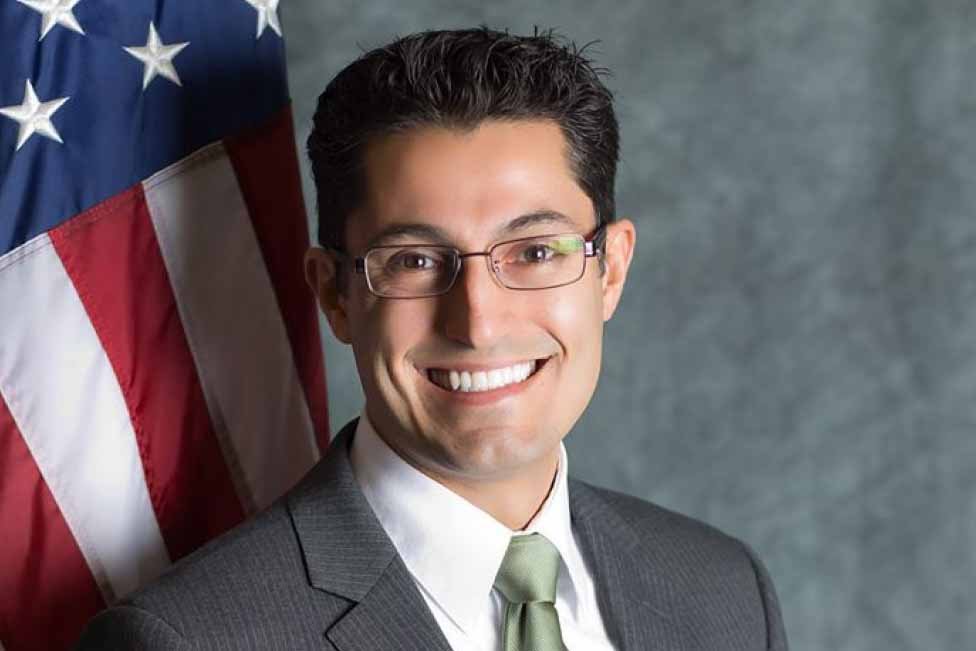CANCELED: ME Departmental Seminar — Timothy Ombrello
Senior Research Aerospace Engineer
Aerospace Systems Directorate
Airforce Research Lab
Shifting the Paradigm of How Forced Ignition is Approached: Using Repetitive Pulsed Discharges to Interact with Critical Ignition Time Scales
Ignition success in real world combustion systems hinges upon multiple local and global parameters. From a global perspective, success is driven by the probability of ignition, as well as how “on demand” the system can respond. More succinctly, how to guarantee that ignition will always occur, and within the shortest time possible. These global parameters are of course governed by local factors, such as the fuel concentration, gas temperature, and velocity and turbulence levels, as well as the quantity of energy deposited, and the volume in which the energy is deposited. Because of all these parameters, energy deposition devices for ignition can be tailored to couple into and enhance the kinetic or fluid dynamic phenomena. The majority of this work has been focused on discrete ignition events where single pulses can be tailored for different levels of excitation or duration. While systems have been developed to pulse repetitively in a burst to increase the probability of ignition, each pulse remained discrete with no coupling between pulses.
Recently, the switching technology in pulsed power systems has allowed for high voltage, high current, high-frequency repetitive pulsed systems to become a reality. The systems are capable of producing short duration pulses (~10 ns) with voltages in excess of 10 kV, at pulse repetition frequencies greater than 100 kHz. The time scale between pulses allows for a synergy between pulses on both fluid dynamic and kinetic time scales that changes the conventional understanding of how ignition is approached.
In this talk, the application of nanosecond-pulsed high-frequency discharges to reactive flows will be discussed. The results from a comprehensive series of experiments will not only highlight the parameter space in which the discharges can couple into the critical spatial and temporal scales of ignition, but also how a new level of optimization is possible for enhancing ignition with a fraction of the power loadings of conventional discharge systems.
Bio: Timothy Ombrello earned his Bachelor of Engineering in Mechanical Engineering from The Cooper Union for the Advancement of Science and Art in 2003, and his Ph.D. in Mechanical and Aerospace Engineering from Princeton University in 2009. Upon completing his graduate degree, he went on to work at the Air Force Research Laboratory, initially as a National Research Council Research Associate before becoming a civilian employee. Currently he is a Senior Research Aerospace Engineer in the Aerospace Systems Directorate, predominately performing research related to high-speed air-breathing propulsions systems. His research covers a wide range of fluid dynamic and combustion challenges, with strong collaborations across academia, industry, and other government agencies. He is a recipient of the Air Force Research Laboratory’s Early Career Award and Presidential Early Career Award for Scientists and Engineers (PECASE) from the White House, and he is an Associate Fellow of the American Institute of Aeronautics and Astronautics.
